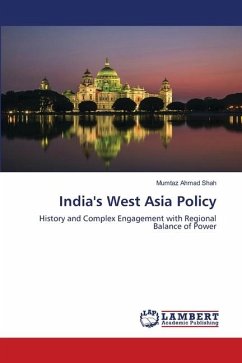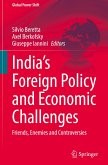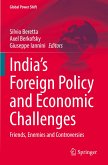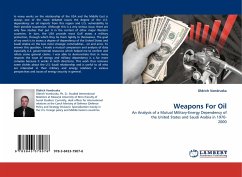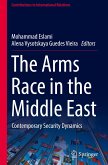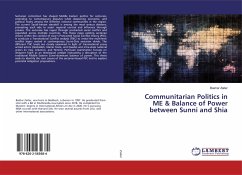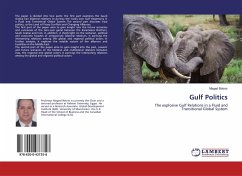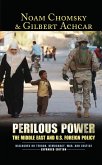West Asia's unique position at the crossroads of multiple continents makes it vital to global trade. Abrahamic religions originated in this hallowed land. Global geopolitics over energy resources makes West Asia important. The combination of these factors has made West Asia a sought-after area and global power. West Asia's topography resembles European colonialism. West Asia is regionally multipolar. Egypt, Israel, Iran, and Saudi Arabia were the first regional poles. Egypt and Pan-Arabism collapsed in the 1970s. Power in the Arab world has moved to the Gulf. The 1979 Iranian Islamic revolution further fragmented the region. Iran and the Kingdom of Saudi Arabia (KSA) compete for regional and Islamic global domination along sectarian and ideological lines. Iran opposed foreign influence on Gulf security and backed the Palestinians' rejection to the Israel-US alliance. Thus, the US, Saudi Arabia, the UAE, Egypt, and Israel formed an anti-Iran coalition. The book examines how India accepted multi-alignment in West Asia and bilateralism in the 1980s and after the Cold War. This approach changed New Delhi's policy from Arab-centric (Pan-Arab nationalist states) to regionally inclusive.

